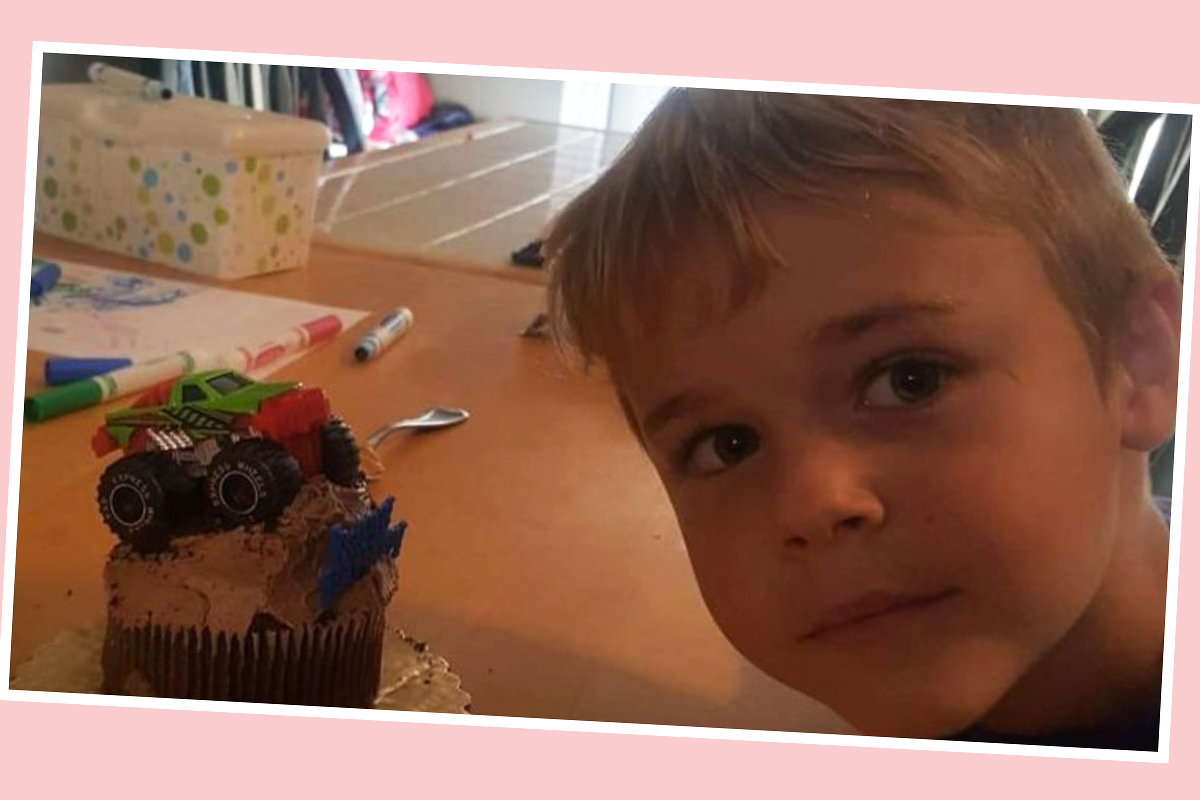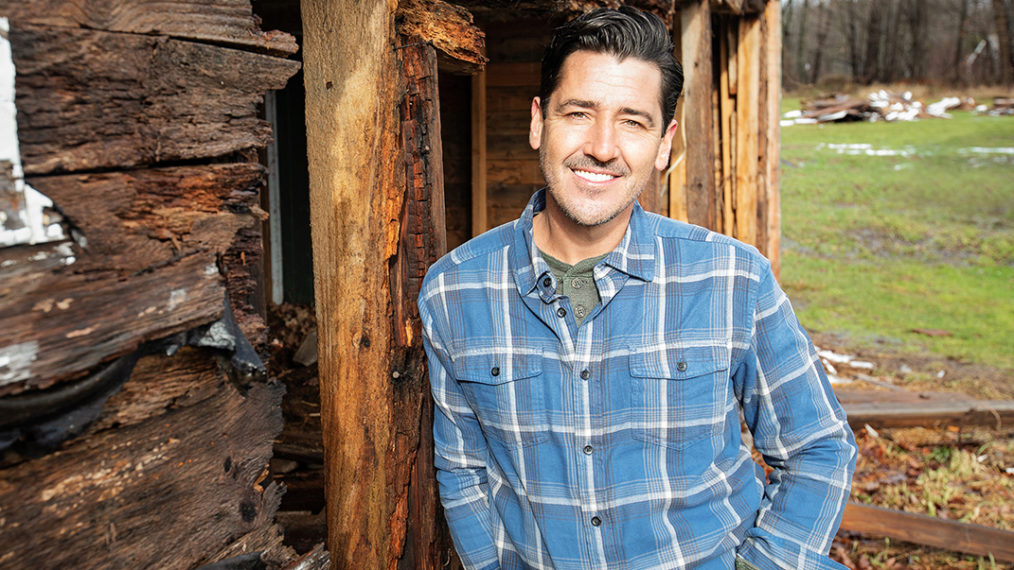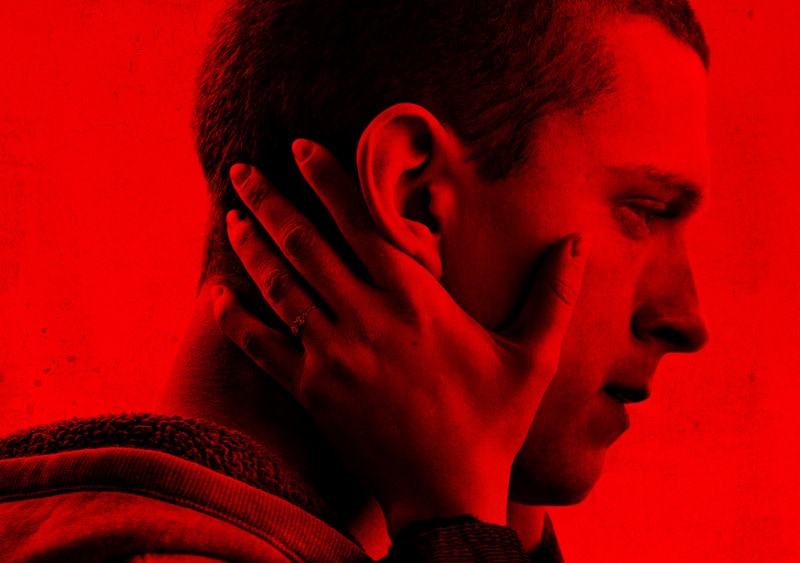#‘Doc McStuffins’ Creator: Do Streamers Even Understand Kids TV?

In the fall of 2019, The New York Times ran a story titled, “Netflix Goes All Out to Wow Children as Streaming Wars Intensify.”
In the writer’s effort to showcase the significant foray being made by the streamer, he pointed to Chris Nee, the prolific kids TV creator responsible for the groundbreaking series Doc McStuffins, who’d decamped from Disney to Netflix with a sweeping deal the December before. A year or so in, Nee already had five new narrative series in the pipeline, including progressive entries like Ridley Jones (featuring a young female adventurer and a nonbinary bison) and Ada Twist, Scientist (about a young Black female scientist). In short order, she had become the poster child for what was possible when Netflix’s ambitions and resources coalesce.
Now, nearly four years later, Netflix has quietly scaled back its efforts in the kids space — letting pacts expire and high-profile development from the likes of Meghan Markle go. In fact, Nee reveals she’s no longer in an overall deal there, and she’s convinced that streamers like Netflix never understood how kids consume content — and they aren’t particularly interested in learning.
When we last spoke, in the summer of 2021, the streaming business was loading up on kids fare and everything seemed pretty rosy…
A lifetime ago!
How would you characterize the kids end of the business today?
The whole industry is in a place of great disruption, but I’d been more aware of us coming to a crisis point in kids TV, which is heavily animation, than I’d been of the issues going on in live action. I was mainly focused on what was happening in the kids’ business and feeling like, “Oh, we are in an era where things feel really unstable.” And as opposed to other periods that I’ve been through, this felt bigger. I felt like every single player was unsure of their next step, whereas in the past it felt like one studio or one outlet didn’t quite know what their mission was.
We’re now seeing streamers like Netflix and Max, which had pushed aggressively into the space, retreat. From where you sit, what’s happening?
Well, what’s interesting is that they didn’t know this business and that it’s fundamentally different from the adult side of the business. Part of what we’re seeing right now is a reckoning in the sense that all parts of all of these businesses are catching up with their own tail, to figure out who they are; but the kids business, in particular, is really specific and it often works in opposition to how things work for adults.
How so?
I’m not trying to point to any one place because they’ve all struggled, but at Netflix, part of the idea of the algorithm was that you wouldn’t get served the same thing twice. But rewatching is the bread-and-butter of younger kids TV. That was the grand lesson of Blues Clues. On average, kids watched an episode five times in a row. So, when some of my first shows came out, and I have a dedicated kids profile that I use as if I were a kid, I’d watch them disappear. The tech side didn’t seem to want to bend and learn that you had to do things differently. That with these shows, once a kid watches, you should be offering it up to them for a set period of time — whether it’s three months or six months, until they actually don’t click on it again. Kids who are pre-reading can’t type in the name of a show and find it again. The other thing that we really got to see is what a trusted brand actually means.
As in a Disney?
Yeah, and I think everybody looks back and goes, “Once Disney picks a show, it’s going to really, really stand by it. They’re going to market it like crazy, and they know how to intro you to a new show.” But also, I do believe that Mickey Mouse and the brand are so known, even to young kids, that if a new show pops up on Disney, they feel like a friend offered it to them, and that’s what is missing from the streamers. Look, all things are worth trying, but the great pitch in all parts of that business, which was the same pitch for kids, was, “We’re not going to have an identity. You can find anything here.” Well, I actually think it’s too much, certainly for the preschool space — there’s no question that those platforms just aren’t really working. They’re not finding their audience. Then, at the same time, in terms of disruption, we’re seeing the world where launching things on YouTube is turning out to be a huge part of making people aware of your show and, except for acquisitions, the streamers haven’t figured out with their own series how to cede that and integrate it.
One thing I’ve heard streaming executives talk about is how it’s hard to get kids, particularly the preschool set, to sample new shows; it was very different when Disney Channel was serving up content on a linear network and passive viewing became active viewing. Is that feedback you’ve received too?
When I was doing We The People, which was a show for teenagers about civics [for Netflix], of course we were thinking about Schoolhouse Rock. But why had we watched it [in the 1970s]? We’d watched it because we didn’t have a choice. It was forced on us and then it turned out to be really good. I usually think I know how to fix anything, but I don’t know all the answers in this moment. I know where some of the pitfalls are. Like, I believe the world of product — of toys and sheets — is an expansion of your relationship with a show, and the streamers haven’t figured out how to put those pieces in place. And part of it is for toy companies to want to come in, shows need to have real longevity and that’s not the [streaming] model.
I suspect I know the answer based on what you’ve said thus far, but are you still in a deal at Netflix?
I am not. [Nee’s deal expired in January.]
Is there an advantage to being an independent producer in this moment?
The reality is, I got the best of Netflix, and then I was tied to a place that was really confused about what it wanted. And for good or for bad, and it may very well work for their bottom line, Netflix was making the kinds of kids shows that were not the shows that I make — that were a little cheaper and easier and not necessarily made for co-viewing. And as they tried to figure out what they were doing, it felt like I was being hamstrung by being tied to one place. So, it feels good [to be untethered] now. I could see coming back into an overall deal with someone, but not until anyone knows which way is up. It just seems scary right now. On the other hand, getting a set paycheck right now would be lovely.

COURTESY OF NETFLIX
Earlier this year, news broke that Ridley Jones had been canceled. You tweeted at the time, “Doesn’t surprise me that Netflix has quietly dumped the first preschool show that has a non-binary character [Fred] coming out.” What had the conversations been like prior to the cancelation?
Here’s the thing, I probably didn’t word that tweet as well as I could have. They didn’t end that show because of Fred at all. We had already been done for a year at that point. But that final season really did get dumped with no, like, nothing. And how much it had to do with Fred, I don’t know that it did, I know that we got Cyndi Lauper to do that episode because I’m always aware that if you’re going to do an episode with controversy, you put someone in it that they can promote. Certainly at a Disney, they would’ve promoted the hell out of that episode. And look, this is a great example, because it’s a beautiful show and I think it works on all of the levels that other work that I’ve done has, and it just did not find the audience and that was a show where when that first season came out, it disappeared if you watched it. Ada Twist, too — none of those shows got the numbers that anyone wanted out of them. And it could be that all of those shows were terrible, but I don’t think that that’s the case. They’re really different series, and I could see either one of them having done really well in a different space. So, the question becomes, where is the fundamental disconnect?
As you looked around the landscape, are there any pockets of hope?
I think Bluey is making everyone feel hopeful. Part of it is when we get into fearful times, that fear trickles down from executives to creatives. With kids shows, you start to see people move away from creator-driven work and more specific voices and the larger thinking that kids benefit from and deserve that artistry. But Bluey is just gorgeous, and it deserved a huge audience and it got it. So, that gives me hope that the right things can still pop through. But I don’t know where we’re all going to end up. Where I get worried is, God bless Cocomelon, they figured out something that worked really well for them, but I don’t want to make shows that way.
Interview edited for length and clarity.
A version of this story first appeared in the June 7 issue of The Hollywood Reporter magazine. Click here to subscribe.
If you liked the article, do not forget to share it with your friends. Follow us on Google News too, click on the star and choose us from your favorites.
For forums sites go to Forum.BuradaBiliyorum.Com
If you want to read more Like this articles, you can visit our Social Media category.




